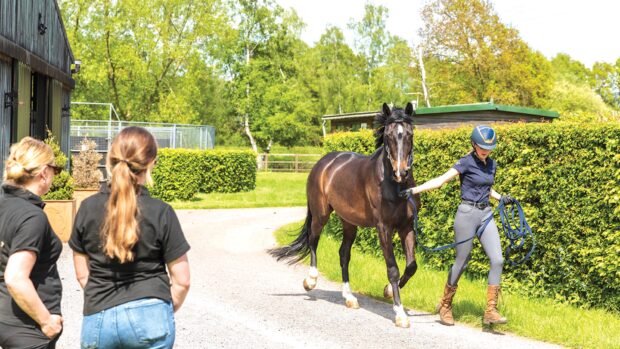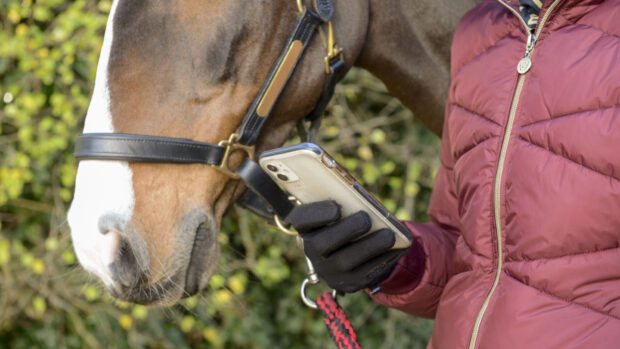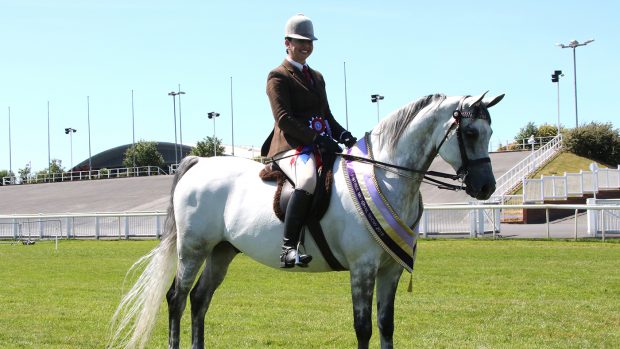Find a horse dealer near you
Get legal advice on selling your horse
Q: I am a small-scale horse dealer, selling five to 10 a year. I am increasingly frustrated by our litigious society, in which people threaten to take horse dealers to court on a whim.
One buyer complained that the horse she’d bought from me was dangerously kicking its stable each day, and had become unmanageable. She threatened me with court action.
I went there to find the horse was being left stabled long after its companions had been turned out, and was stressed and suffering from anxiety. The buyer’s actions and management were affecting the horse, which I’d sold in good faith. What can honest sellers to do protect themselves?
KK, Northants
Richard Brooks, partner at law firm Withy King, said a seller, whether selling privately, or for business, can protect himself by drawing defects — old known injuries, stable vices or schooling issues, for example — to the buyer’s attention before the contract is made.
“A seller has some protection from being sued under the Sale of Goods Act 1979 in relation to any defects a pre-purchase vetting ought to reveal, whether the problems are actually identified or not,” said Richard.
However, it is not the obligation of the buyer to obtain a pre-purchase vetting.
“If the buyer simply relies on what the seller tells him, then the seller cannot defend himself by saying that a vetting would have identified the problem,” explained Richard.
“So, ironically, if the buyer has a vetting, the seller is better protected. Of course, if the vet spots a significant problem, then the buyer will presumably not proceed with the deal. If, on the other hand, the vet misses the defect when it ought to have been detected, the rights of the buyer against the seller may be prejudiced. On the basis that most people would sensibly prefer to avoid disputes and litigation, the pre-purchase vetting remains a very sensible option for all parties.”
Horse dealer Richard Barrett of Radwell Farm in Buckinghamshire understands that, under the Sale of Goods Act, he must demonstrate “fitness for the purpose supplied” when selling a horse.
“I go to great pains to ensure I know the horse before it is sold — riding, jumping, hacking and schooling — so I know as much as I can about it, and then when I sell it, the transaction is based on the current situation,” Richard said.
“My receipts state ‘sold as seen, ridden and approved’. If the horse is seen to have a vice, this will be stated and probably reflected in the price.
“Although I have to demonstrate that a horse is fit for the purpose, about eighty per cent of owners over-estimate their own experience, and the level of competition they’d like to reach. There’s a real problem with horses being rejected as unsuitable after a sale because of this.
“Sellers should also be careful with their advertisement wording — do not state that a horse will affiliate in show jumping, for example — state that it could affiliate. Try to make sure you are as honest as possible and that the buyer is clear about what they are purchasing.”
Information
Withy King Tel: 01225 425731 www.withyking.co.uk
Radwell Farm Tel: 01908 584741 www.radwellfarm.co.uk
This Q&A was first published in Horse & Hound (1 May, ’08)
Looking for a horse dealer?
Need legal advice on selling your horse?



